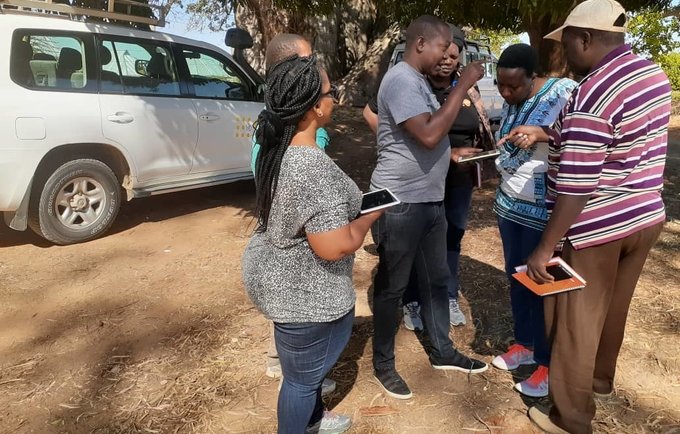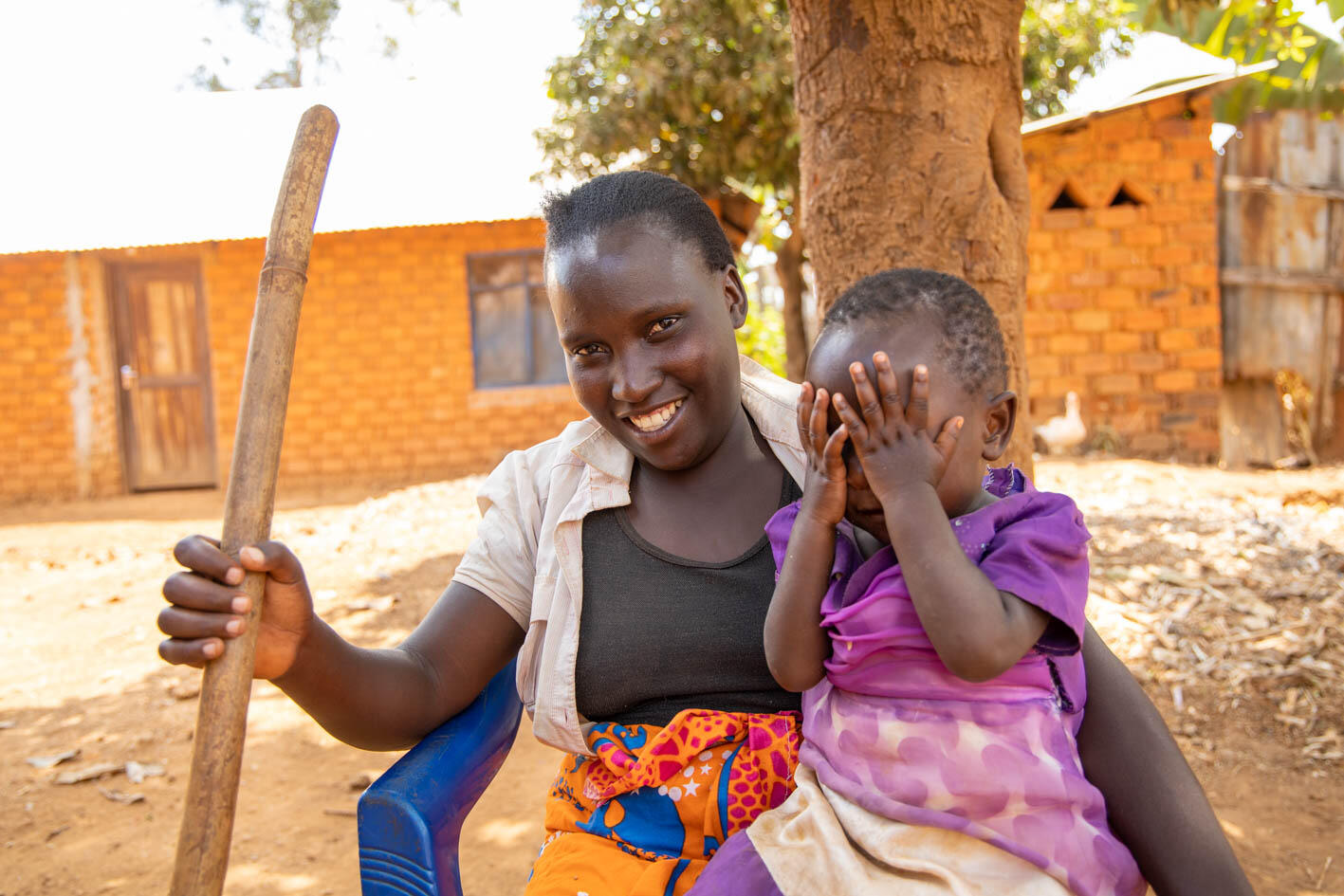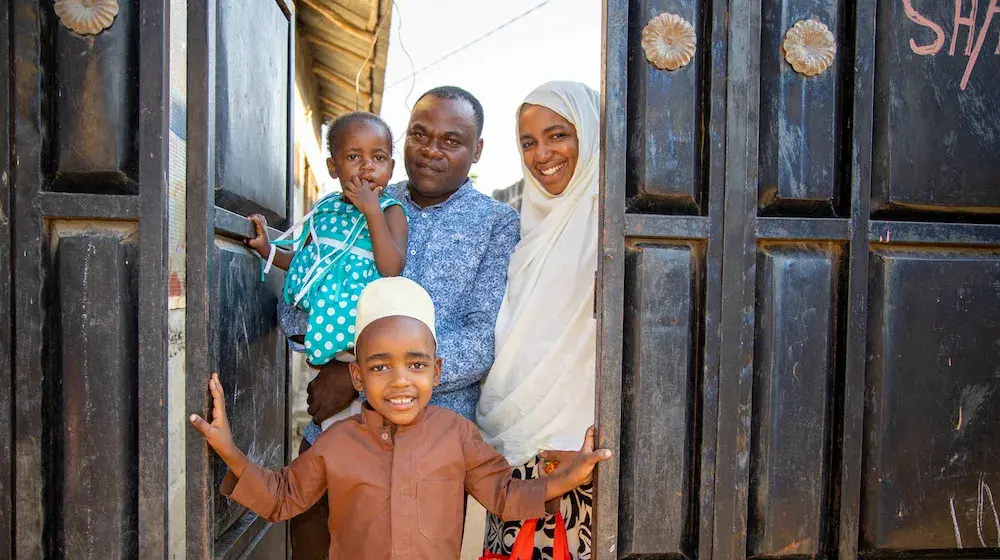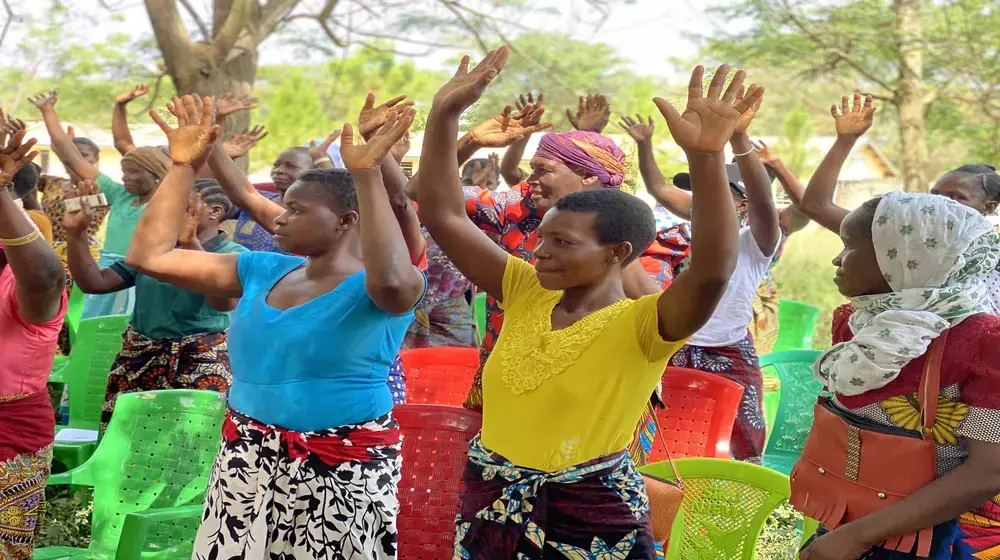UNFPA’s Representative in Tanzania, Ms. Jacqueline Mahon, joined the Honourable Kassim Majaliwa, Prime Minister of the United Republic of Tanzania, and the Second Vice-President of the Revolutionary Government of Zanzibar, Honourable Hemed Suleiman Abdallah, as well as representatives from the Tanzania National Bureau of Statistics (NBS) and Office of the Chief Government Statistician, Zanzibar, as the Population and Housing Census Management and Implementation Strategic Handbook was officially launched in Tanzania. The Handbook, which provides guidance on the planning, organization and administration of the 2022 Population and Housing Census (PHC) in Tanzania, as well as the production of data, will assure quality at each stage of census operations.
The 2022 Tanzania PHC – part of the 2020 round of censuses that are taking place around the globe – is a large and challenging exercise, but its importance cannot be overstated. More than just a headcount of how many people are living in Tanzania, by age, geographic region and sex, it will provide detailed demographic, social and economic data on how they are living – indispensable for informed decision-making and public resource allocation and instrumental in understanding development challenges and the appropriate actions for driving transformation.
The accurate and timely data generated will also be a cornerstone for tracking progress towards national, regional and global development commitments in Tanzania, including the Sustainable Development Goals (SDGs) and the Programme of Action of the 1994 International Conference on Population and Development.

UNFPA has been the technical partner to the Government of the United Republic of Tanzania in all previous censuses, including the last census conducted in 2012, and continues to support preparations for the 2022 PHC, including through the provision of technical assistance to develop field operation manuals, census questionnaires, the Housing Census Management and Implementation Strategic Handbook, and the 2022 Census cartography, where geographical information system (GIS) technologies have been used for the first time to accurately demarcate the country into enumeration areas. UNFPA has also provided financial assistance to facilitate the exchange of knowledge, expertise and best practices through South-South cooperation, including on the combined use of traditional data collection methods and the newest geospatial technology – which aim to optimize the accuracy of population data and ensure that everyone is counted.
Speaking at the launch of the Handbook, Ms. Jacqueline Mahon, UNFPA Representative in Tanzania, underscored the importance of census data in continuing to drive progress on national, regional and global development aspirations, including the 2030 Agenda, ensuring the invisible are visible and realizing the promise of leaving no one behind:
“By reaching out to all households in the country the census is a unique source of information to map the needs of the most vulnerable and marginalized groups – women and girls, adolescents, older people, persons with disabilities – and in understanding disparities across the country and where and how to invest in everything from schools to health care to roads.”
UNFPA will continue to support preparations and the implementation of the census ensuring that data generated is of high-quality, widely accessible and enhances evidence-based decision making, accountability and transparency.
In due consider of the importance of the exercise, the Government of the United Republic of Tanzania has dedicated resources to implement the census; additional financial support is being provided by the Government of Sweden (through the One UN Fund), the Government of the United Kingdom and UNFPA.





